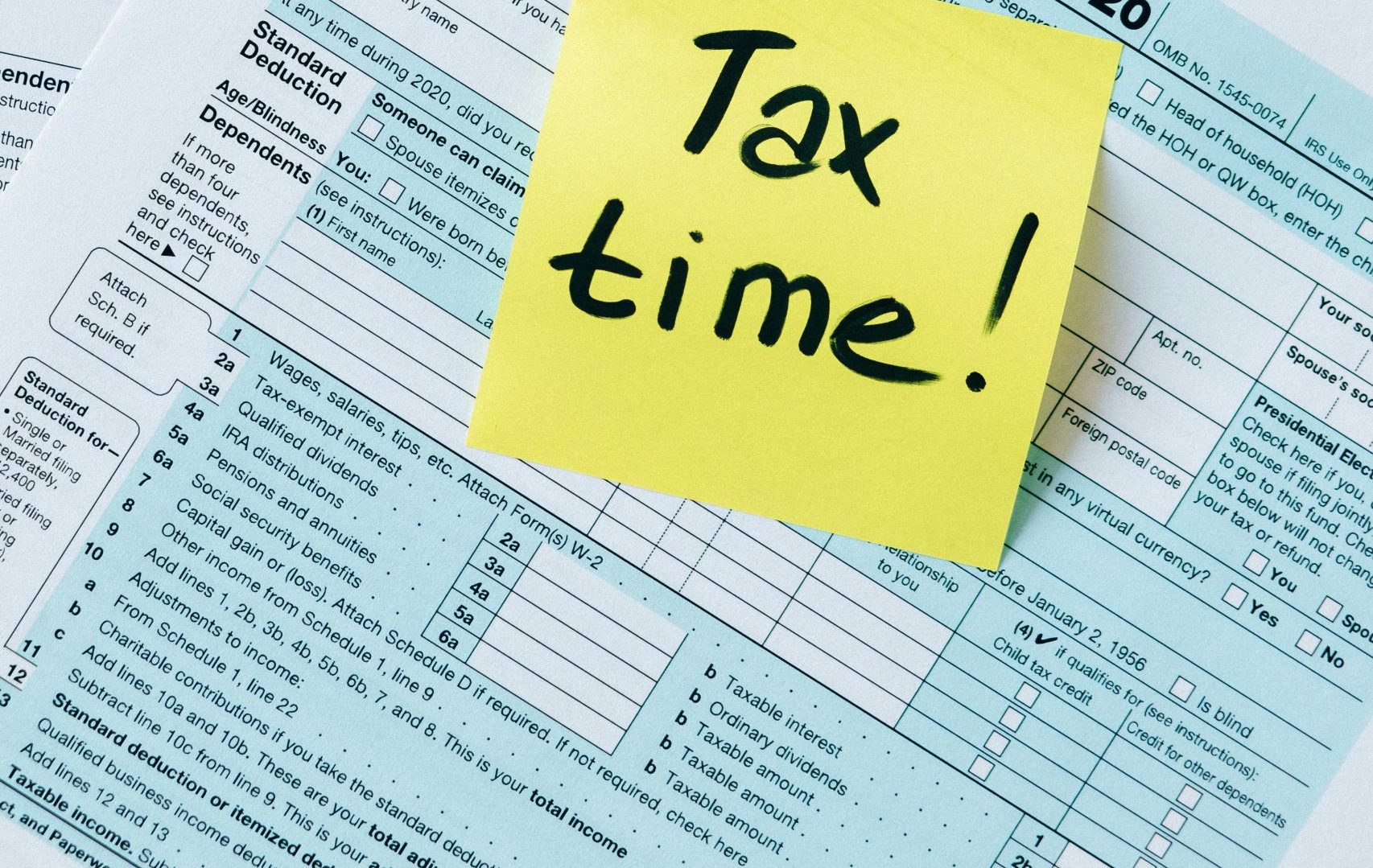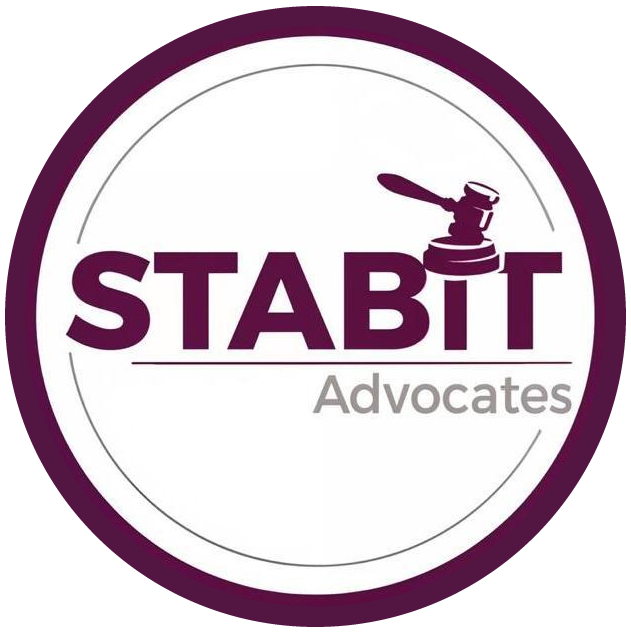The Remote Work Revolution: Navigating the Legal Landscape of the New Corporate Reality. A stabit…

An In-Depth Look at Rwanda’s Rules for Amicable Settlement of Tax-Related Disputes
January 18, 2025 10:55 am
Understanding Rwanda’s rules for amicable settlement of tax-related disputes as a taxpayer in Rwanda, is essential which is why Stabit Advocates has created this guide, which aims to provide a comprehensive overview of the rules and procedures established by Law nº 026/2019 of 18/09/2019 on Tax Procedures. The Rwanda Revenue Authority (RRA) oversees the implementation of these rules to ensure a fair and efficient resolution of tax disputes.
Objective of the Rules
The primary objective of these rules is to establish a framework for the amicable settlement of tax disputes between taxpayers and the Tax Administration. This approach aims to reduce the burden on the judicial system and provide a more efficient resolution mechanism for tax-related issues. The rules are designed to promote a collaborative environment where disputes can be resolved without the need for lengthy and costly litigation.
Request for Amicable Settlement
To initiate the amicable settlement process, taxpayers must submit a written request to the Commissioner General of the RRA. This request must clearly outline the specific issues to be settled and provide supporting evidence. The requirement for a written request ensures that there is a formal record of the taxpayer’s intent to resolve the dispute amicably.
Conditions of Admissibility
The request for amicable settlement must fulfill the following conditions:
- It must be in writing and signed by the taxpayer or the taxpayer’s legal representative.
- The taxpayer must clearly indicate the specific issues to be settled amicably.
- Supporting evidence must be provided for the contentious issues.
- Payment of 25% of the total amount of the principal tax, unless the dispute is already lodged in court.
Additionally, the taxpayer may, upon approval of the Tax Administration, provide a movable or immovable property as a guarantee in accordance with relevant laws. The request must be submitted within 30 days from the reception of the decision of the Commissioner General on appeal if the tax issues have not been lodged to court. If the issues have been lodged to court, the request can be submitted only before the final court ruling, and the taxpayer is not bound to pay the 25% mentioned above.
Amicable Settlement Procedure
The Tax Administration meets with the taxpayer to examine the request and may require additional supporting evidence. If both parties agree on a solution, an amicable settlement agreement is prepared and signed by both parties. This procedure emphasizes collaboration and mutual agreement, which can lead to more satisfactory outcomes for both parties.
Amicable Settlement Agreement
Once an agreement is reached, it is binding and cannot be lodged to court. This finality ensures that the dispute is conclusively resolved, providing certainty for both the taxpayer and the Tax Administration. The agreement is only applicable to the specific tax period and type mentioned, preventing it from setting a precedent for future cases. The amicable settlement must cover all discussed issues, and there is no settlement if one or more issues remain unresolved.
Timeframe for Amicable Settlement
The entire amicable settlement process must be completed within 90 days from the receipt of the request. This time limit ensures that disputes are resolved promptly, reducing uncertainty for taxpayers and the Tax Administration. For requests received before the commencement of these rules, the 90-day period is counted from the commencement date of the rules.
Lodging a Court Case
If an amicable settlement is not reached within the specified timeframe, the taxpayer retains the right to lodge a court case. The time limit to lodge the court is counted from the notification to the taxpayer of the Commissioner General’s letter informing them about the failure to reach an amicable settlement. This provision ensures that taxpayers still have access to judicial remedies if the amicable settlement process fails.
Repealing Provision
All previous rules that are contrary to these rules are repealed, ensuring that the new rules take precedence and provide a clear and updated framework for the amicable settlement of tax disputes.
Commencement
These rules come into force on the date of their publication in the Official Gazette of the Republic of Rwanda.
Conclusion
The general rules for the amicable settlement of tax-related disputes, as outlined in Law nº 026/2019 of 18/09/2019 on Tax Procedures, provide a structured and efficient mechanism for resolving tax disputes. By emphasizing collaboration, formal documentation, and clear timelines, these rules aim to reduce the burden on the judicial system and provide more satisfactory outcomes for both taxpayers and the Tax Administration. The alignment of these rules with the constitutional principles of justice, fairness, and access to judicial remedies further underscores their importance in promoting a fair and efficient tax dispute resolution process.
If you love our article on “An In-Depth Look at Rwanda’s Rules for Amicable Settlement of Tax-Related Disputes,” check back here for more legal news
Contact Information
Stabit Advocates
Website: www.stabitadvocates.com
Email: info@stabitadvocates.com
Phone: +250 789 366 274
For more information or to discuss your case, please contact us at www.stabitadvocates.com.
This guide is intended to provide general information and does not constitute legal advice. For specific legal advice tailored to your situation, please consult with a qualified attorney at Stabit Advocates.




This Post Has 0 Comments